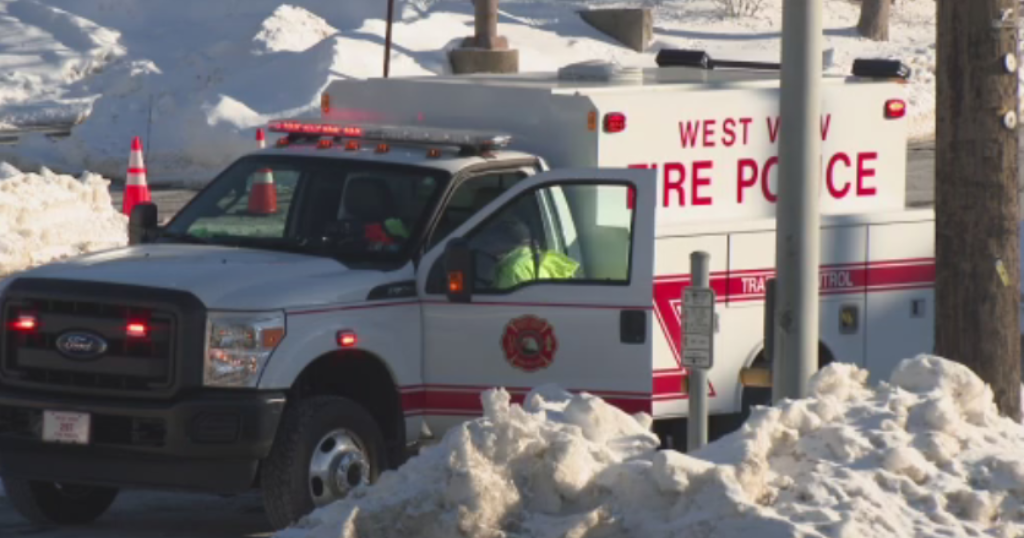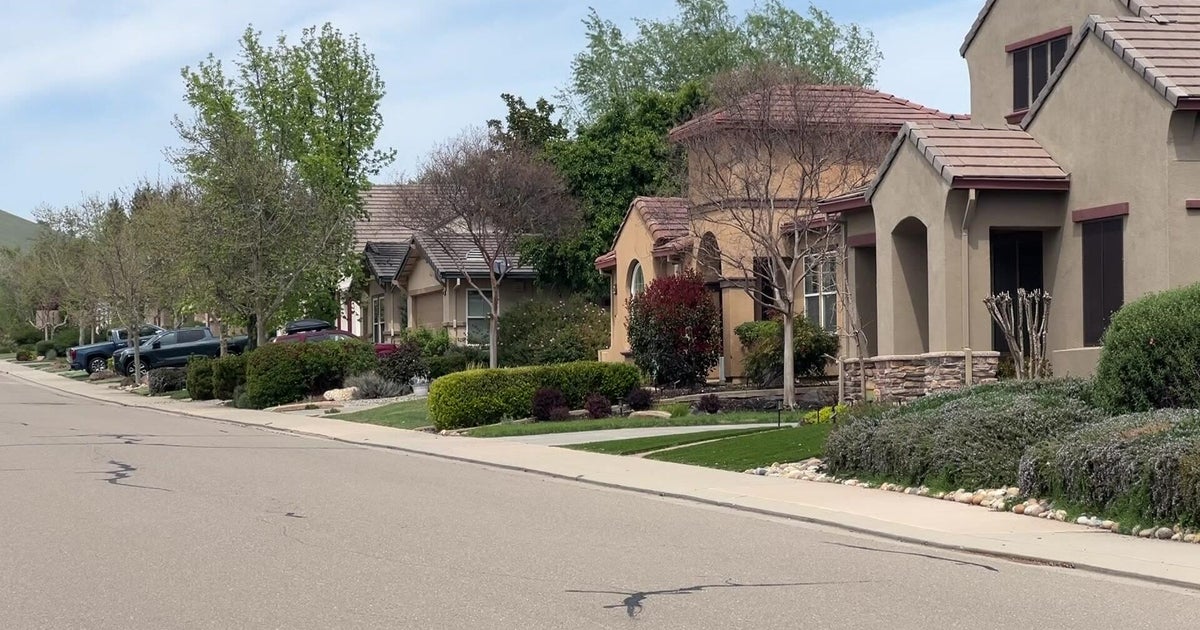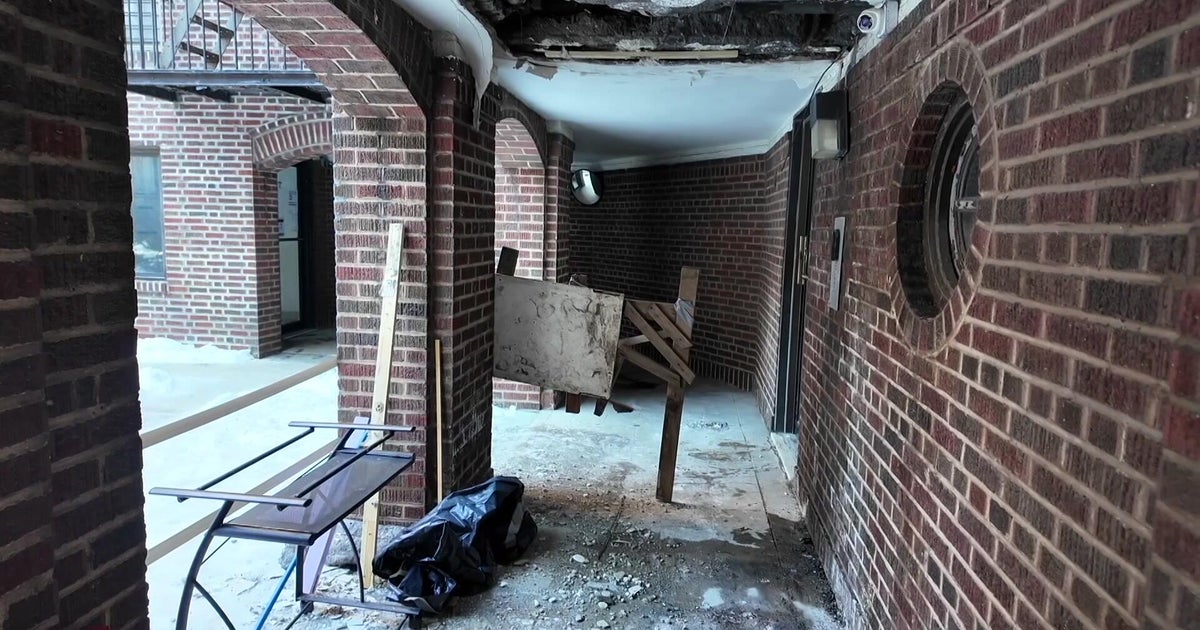Rubio Shutdown Plan Faltering; Debt Default Fight Growing
WASHINGTON (CBSMiami) – While the possibility of a government shutdown still remain high due to Congressional dysfunction, a more important showdown still looms large over Capitol Hill, the debt limit.
Senators Ted Cruz, Marco Rubio, and Mike Lee have led the charge to defund the Affordable Care Act or threaten to shut down the government. The trio first pushed the government shutdown if the ACA wasn't defunded, but that plan may fail without much GOP support for a shutdown in the Senate.
But while that plan is on its last legs, a more fiscally dangerous plan is taking shape in the GOP-led House of Representatives.
The nation will hit its debt ceiling on October 17, meaning that if it's not raised before then; the nation will default on its obligations for the first time in United States history. Republicans in the House plan to put together a bill to raise the debt ceiling, with a catch.
The GOP is planning to attach a number of provisions to the debt ceiling hike that are a grab bag of policies pushed by the tea party wing of the party. They include another attempt to stop the ACA, and others like forcing the approval of the Keystone XL pipeline.
For his part, President Barack Obama said he will not negotiate on raising the debt limit again. In 2011, the conservative demands for cuts and the ensuing standoff over the debt ceiling cost the U.S. billions in borrowing costs after the credit rating of the country was hit.
House Speaker John Boehner (R-Ohio) has repeatedly said in interviews that he will not allow the full faith and credit of the United States to be jeopardized. However, he is under intense pressure from conservatives to take a stand on stopping the ACA, which will have started being implemented by then.
Some House leaders have floated a plan to force the government to prioritize payments in the event the nation defaults on its debts. Treasury Secretary Jack Lew rejected the approach saying, "Any plan to prioritize some payments over others is simply default by another name."
Additionally, Secretary Lew told Congress, "There is no way of knowing the damage any prioritization plan would have on our economy and financial markets."
Markets have retreated in recent days as the brinkmanship over a government shutdown was ratcheting up. Economists say that a debt default would have a far worse impact on the markets in the U.S. and around the world if it were to happen.
Lost in the fight over a government shutdown and a possible debt default being driven by the tea party is what Americans think of the move.
A new CBSNews/New York Times poll asked that very question and found that 80 percent of Americans say threatening a government shutdown during a budget debate is not an acceptable way to negotiate. Just 16 percent thought it was a good idea to threaten a shutdown.
Breaking it down by party, 80 percent of Republicans don't think a government shutdown is an acceptable way to negotiate as do 75 percent of Democrats and 83 percent of independent voters.
Additionally, just 23 percent of Americans think Republicans are trying to work with President Barack Obama and Democrats while 70 percent believe they are not. A majority 51 percent think President Obama is trying to work with Republicans while 44 percent say he is not.







